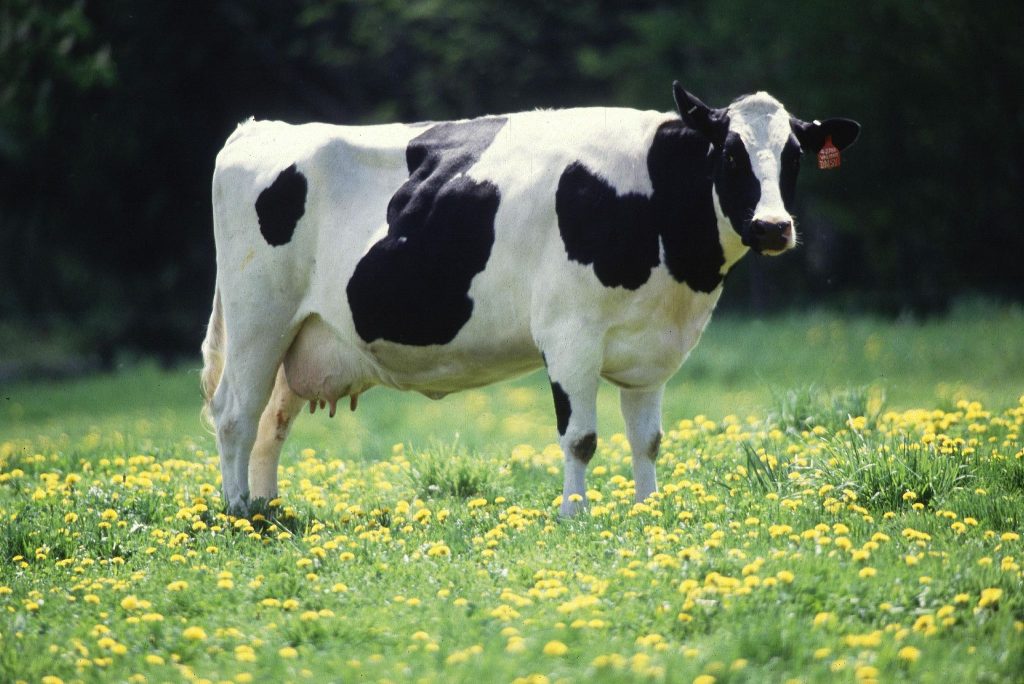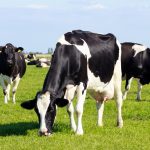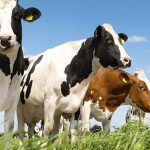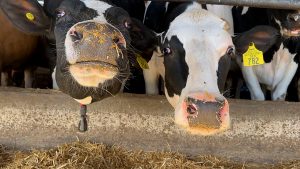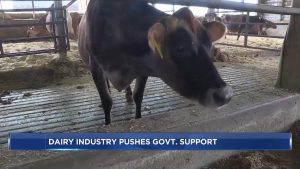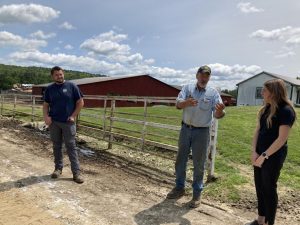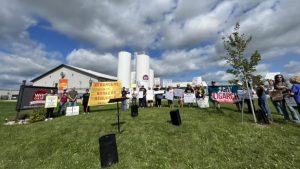
On World Environment Day, Stonyfield Organic, a Londonderry, N.H.-based organic yogurt maker, is collaborating with The Organic Center and Organic Valley to launch the Toxins Calculator, a free tool to discover the environmental impacts of organic dairy. The “good on purpose” brand said it is committed to healthy food, healthy people and a healthy planet.
The goal of the new Toxins Calculator is to provide farmers, brands and consumers with the opportunity to see the positive impact that choosing to produce and consume organic milk has on the environment. To further its mission in making the impact of organic dairy known, Stonyfield Organic said it is also launching a new program, #YogurtTradeUp, offering to reimburse consumers for eating any brand of organic yogurt on World Environment Day.
Stonyfield also is inviting consumers to share an *organic yogurt selfie* on their Instagram feeds on World Environment Day (June 5, 2021) from 8 a.m. EST – 8 p.m. EST, showing how they choose organic yogurt to protect the environment. Consumers should include the hashtag #YogurtTradeUp in their captions, and Stonyfield will send them a $5.00 Visa prepaid card, a free case of Stonyfield Organic yogurt and a packet of Stonyfield Organic sunflower seeds. The offer is available while supplies last. For details, click here.
From gallons of milk to yogurt, cheese and even U.S. school lunches, the calculator provides context of what it means to avoid chemicals and pesticides. The more that food is produced organically, the more harmful chemicals we can keep out of farms, waterways and air, Stonyfield Organic said.
The Toxins Calculator provides an easy-to-digest breakdown for people to learn more about how impactful organic dairy farming practices are on the environment, and to see the impact of their daily consumption of yogurt, cheese and milk. For example, if all 26 billion gallons of milk produced in the United States were organic, over 120 million pounds of harmful pesticides would be avoided each year — that’s 22 Olympic swimming pools full of pesticides, Stonyfield Organic noted.
The site also reveals that if organic milk were served at U.S. public schools, the result would be over 286,000 pounds of chemical fertilizers avoided. That’s 1,145 bathtubs full. The reduction of this quantity of harmful pesticides and fertilizers could have a significant impact on our environment, Stonyfield Organic noted.
“Our commitment to healthy food, healthy people and a healthy planet is rooted in our fundamental belief in doing Good on Purpose,” notes Gary Hirshberg, Stonyfield Organic’s co-founder and chief organic optimist. “The positive impact of organic for consumers, animals, farmers, the environment and frankly, the world, is enormous, and we will continue to advocate for it as passionately as we have since 1983.”
Stonyfield Organic is also announcing new sustainability goals, including a commitment to 100% renewable energy supply for its Londonderry manufacturing facility by 2025, 100% renewable electricity for its dairy supply chain by 2025 and a carbon-positive dairy supply chain by 2030.
